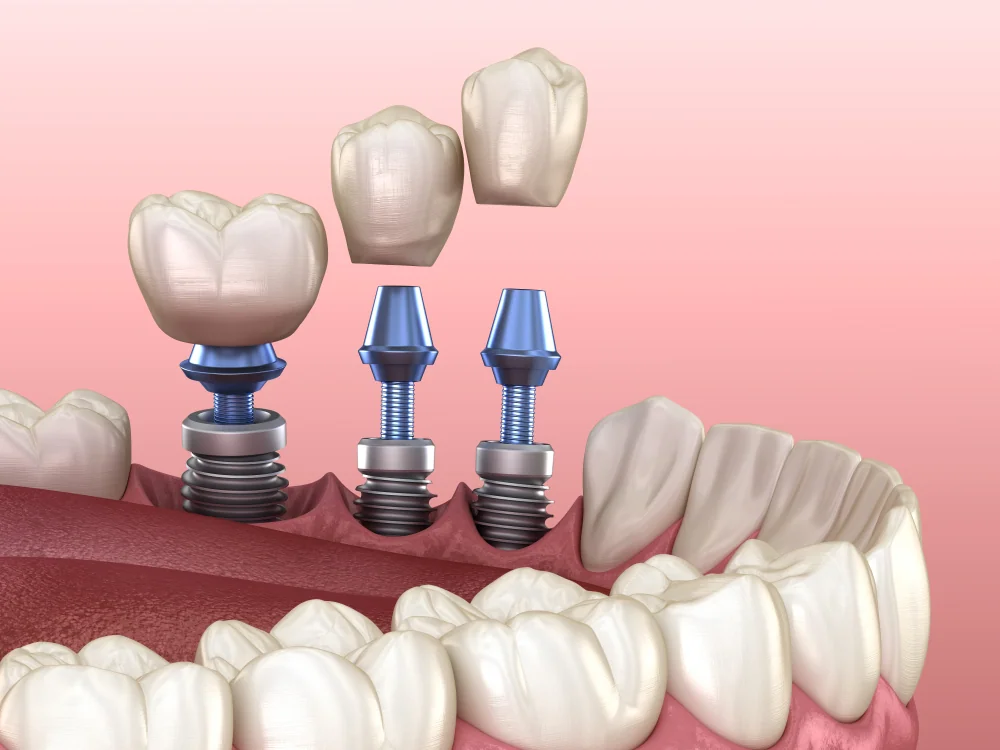Recognizing Early Indicators of Alzheimer's Disease: What to Be Mindful Of
- Posted on Nov. 7, 2023
- Health
- Views 82
Alzheimer's Disease is a progressive neurological disorder that is not only devastating for those it afflicts but also poses significant challenges for their loved ones and caregivers. Understanding the early signs can be pivotal in managing the disease more effectively. This comprehensive article aims to illuminate the early indicators of Alzheimer's, providing essential information for early detection and intervention.
Read More

Understanding Alzheimer's Disease
Alzheimer's disease is frequently misconstrued as a standard aspect of the aging process. In reality, it is a distinct pathological condition characterized by the atrophy of cerebral neurons, which leads to a deterioration in cognitive faculties and memory retention. An expeditious diagnosis is pivotal, as it substantially influences the patient's quality of life through the possibility of initiating therapeutic interventions that can retard the progression of clinical manifestations.
Cognitive Changes to Watch For
One of the primary symptoms that signal the onset of Alzheimer's is memory loss, which disrupts daily life. It is not the occasional forgetfulness that everyone experiences but a more pronounced and consistent loss of memory, especially of recent events or important dates.
Difficulty in Planning or Solving Problems
Another early sign is a noticeable change in the ability to develop and follow plans or to work with numbers. It could manifest as challenges in following familiar recipes or keeping track of monthly bills, where these tasks were previously handled with ease.
Misplacing Items and Losing the Ability to Retrace Steps
Individuals may begin to place objects in unusual locations and cannot retrace their steps to find them again. It is often more than just misplacing keys. It extends to a profound disorientation in organizing personal belongings.
Changes in Mood and Personality
The onset of Alzheimer's can also result in shifts in mood and personality. Affected individuals may become fearful, or anxious. They may become easily upset at home, with friends, or outside their comfort zone.
Withdrawal from Work or Social Activities
As the symptoms of Alzheimer's begin to take a more significant toll, those affected might withdraw from hobbies, social activities, or projects that were once of interest, often because they recognize their declining ability to participate in these activities.
Challenges in Understanding Visual Images and Spatial Relationships
For some, vision problems can be a sign of Alzheimer's. It isn't just fundamental vision changes due to aging but can include difficulty reading, judging distance, and determining color or contrast, which may cause problems with driving.
Speaking and Writing Changes
People with Alzheimer's may have trouble following or joining a conversation. For instance, they interrupt while in a dialogue and don’t know whether or how to continue. They may also have problems finding the right word, or call things by the wrong name.
Alzheimer's and Its Broader Impact
It's important to consider not only the individual but also the broader circle of impact. Early onset Alzheimer's disease can affect familial relationships, job performance, and social engagement, reinforcing the importance of early and accurate diagnosis.
Support Systems and Resources
The presence of a robust support system can be vital for individuals showing early signs of Alzheimer's. This system may include family, friends, community resources, and professional care providers. Additionally, educational materials and support groups can provide much-needed information and assistance.
Medical Intervention and Treatment Options
While there is currently no cure for Alzheimer's, certain medications and therapeutic interventions can help manage symptoms. Early diagnosis allows exploring various treatment options, such as cognitive therapy and prescription medications, that can help slow the progression of the disease.
Taking Action: What to Do If You Notice These Signs
If you or someone you love is exhibiting these early indicators, it's critical to consult a healthcare professional. A thorough medical evaluation can determine the cause of these symptoms and rule out other potential conditions.
By being informed and proactive, individuals and their loved ones can confront Alzheimer's with a strategic and compassionate approach, improving outcomes and quality of life.


